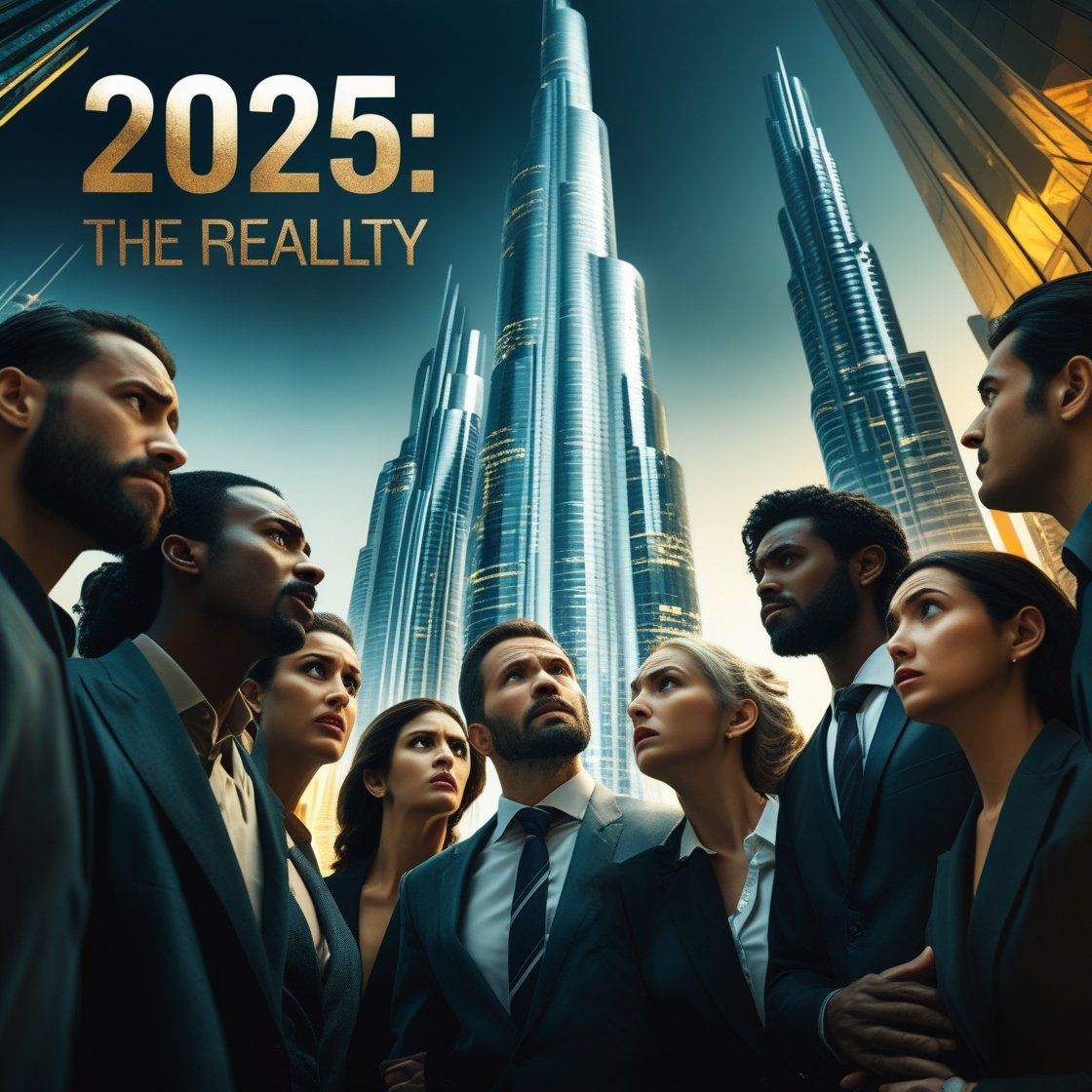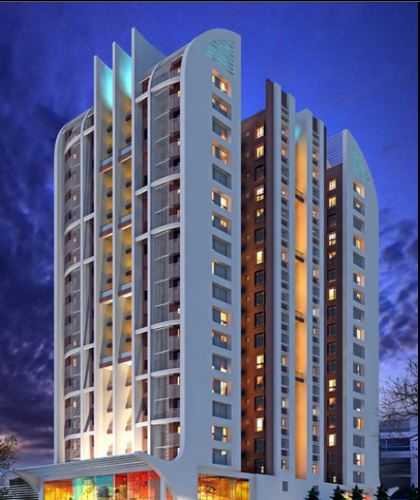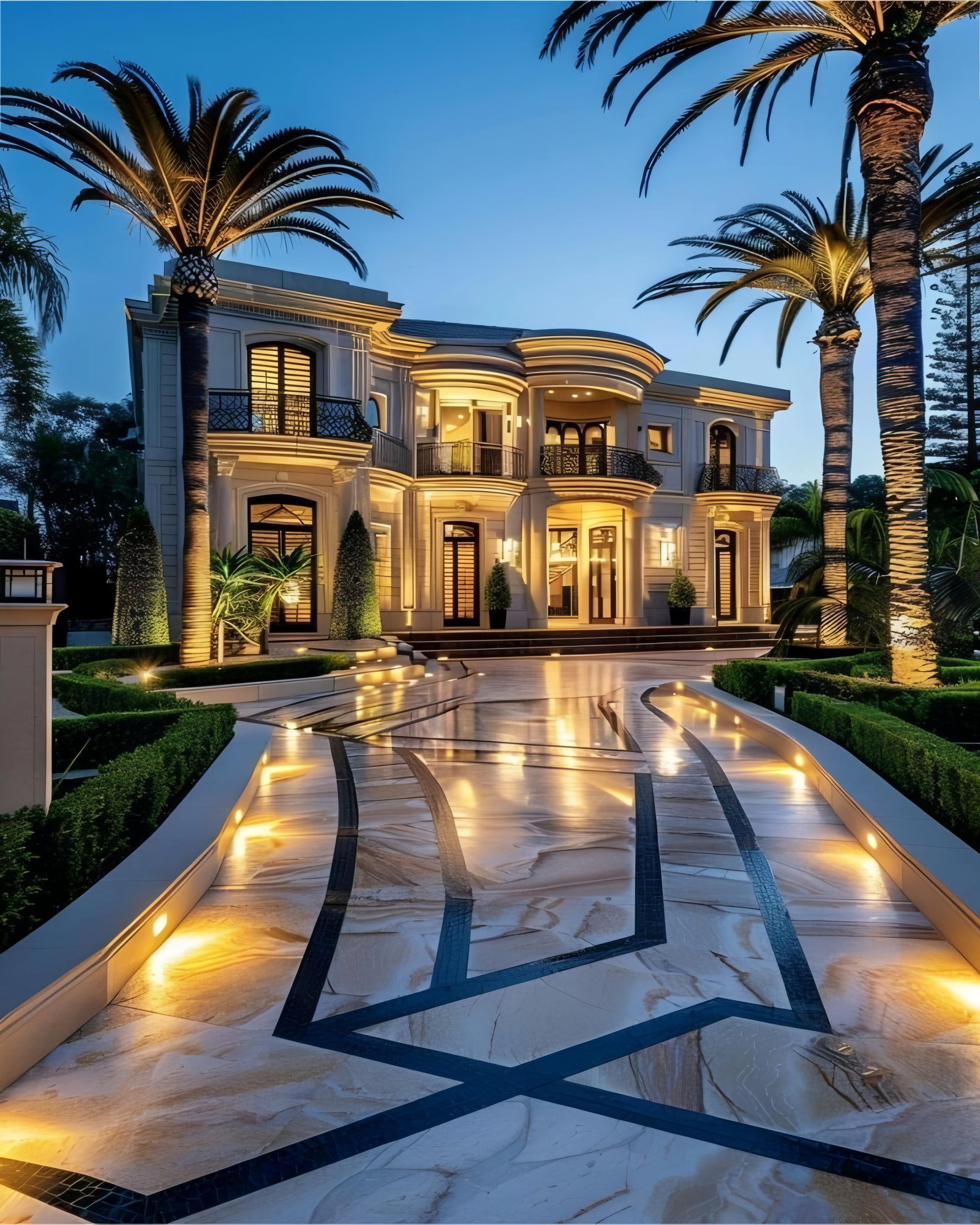
Dubai’s Real Estate Market Headed for a Crash in 2025? Here’s the Reality
1. Why Some Think a Crash is Coming
The fear narrative often stems from:
Rapid price appreciation in select luxury markets
Concerns over oversupply due to aggressive new project launches
Global macroeconomic pressures like interest rate hikes, geopolitical instability, or recessionary trends in Europe
Historical memory of the 2008–2009 crash in Dubai
However, comparing today’s Dubai to 2008 is not only inaccurate — it's misleading.
2025 Dubai vs. 2008 Dubai: A Different Ecosystem
In 2008, Dubai’s real estate boom was largely speculative with limited regulation. There were fewer controls on off-plan sales, and credit was being extended too easily. Today, the market is built on:
RERA regulations that ensure developer accountability
Escrow laws for off-plan payments
More informed buyers, including global investors and institutional funds
Greater emphasis on end-user demand, not just investor flipping
3. Supply is Rising — But So is DemandIt’s true that developers are launching new projects aggressively. But unlike a saturated market, Dubai’s population is growing, and so is rental demand. The city is attracting:
Digital nomads and remote workers through long-term visas
High-net-worth individuals (HNWIs) relocating from Europe and Asia
Corporate relocation, especially post-COVID as global HQs eye Dubai for tax efficiency
Rental yields remain high (5–8%), and rental prices are increasing year-on-year — a sign that supply and demand are well-matched.
4. Luxury Market Boom: A Bubble? Not QuiteYes, ultra-luxury sales have soared. Projects like DLF’s The Dahlias in India and branded residences on Palm Jumeirah have seen record-breaking sales. But this segment is backed by:
Cash-rich buyers (not credit-driven)
Limited inventory (scarce waterfront properties)
End-use demand (not flippers looking to exit quickly)
These are not bubble indicators — they reflect a premium segment catering to real end-user wealth.
5. Macro Resilience: UAE Economy Supports Real EstateDubai’s real estate doesn’t exist in isolation. The UAE economy in 2025 is:
Posting strong GDP growth (3.9–4.3%)
Benefiting from oil revenue + diversification (tech, tourism, logistics)
Attracting FDI in real estate, infrastructure, and finance
The government has also streamlined visa and residency programs, making long-term property ownership more feasible for foreign investors.
6. International Comparisons: Dubai Still Offers ValueWhen compared to cities like London, Hong Kong, or Singapore, Dubai’s real estate remains undervalued. Prime areas like Downtown Dubai or JVC offer world-class amenities at a fraction of the cost. This value proposition continues to attract global capital.
7. What Deloitte, Knight Frank & CBRE Are SayingContrary to crash predictions, leading analysts forecast sustained growth:
Deloitte’s 2025 report expects continued demand in both luxury and affordable segments.
Knight Frank reports that villa prices have risen 16% YoY with strong rental backing.
CBRE highlights growing transaction volumes and international buyer confidence.
8. Who’s Spreading the ‘Crash’ Talk and Why?Many of these predictions are:
Based on clickbait headlines and social media speculation
Created by non-experts to generate fear or quick traffic
Ignoring data and misleading buyers into waiting instead of investing smartly
Some real estate influencers use crash predictions to create “FOMO” later for a new launch.
9. Risks Are Real — But a Crash Isn’t One of ThemYes, real estate comes with risk. Oversupply in fringe locations, interest rate fluctuations, or developer delays are factors to watch. But those don’t equal a systemic crash.
Buyers should:
Invest in prime, well-connected zones
Verify developer credibility and escrow protections
Look at long-term rental or capital appreciation, not short-term flipping
Conclusion: Market Correction ≠ Market CollapseDubai’s real estate market in 2025 is not heading for a crash — it’s evolving. Regulatory maturity, global investor interest, rental yield stability, and a diversified economic base ensure it remains resilient. So the next time you hear someone say “Dubai real estate is crashing,” ask for data — not drama.
Stay informed. Invest smart.






Leave a Reply
Comments